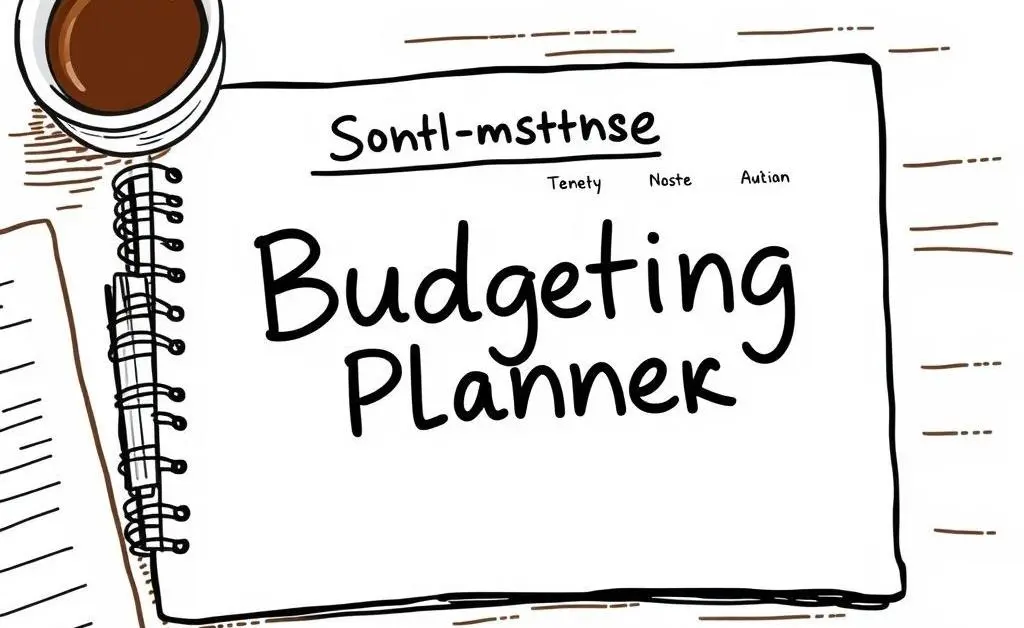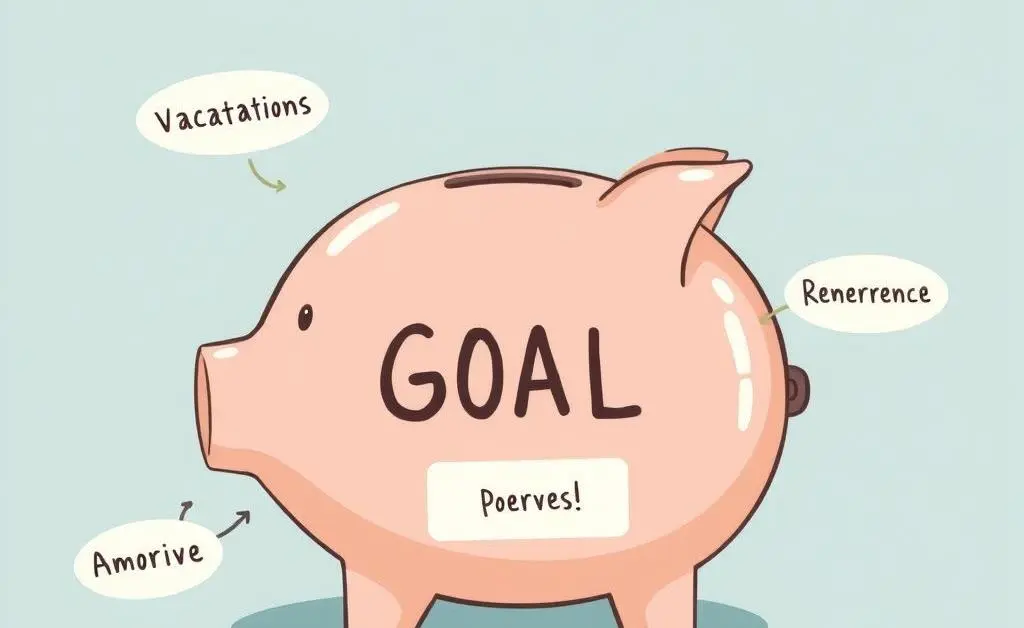Finding Financial Freedom: A Practical Guide to Financial Independence
Explore the path to financial independence with practical tips on budgeting, saving, and investing.

Achieving financial independence is more than just a distant dream—it's an attainable goal that offers freedom and peace of mind. But what does financial independence really mean, and how can you embark on the path to reach it? In this guide, I'll share practical steps on budgeting, saving, and investing, making the journey less daunting and more achievable.
What's Financial Independence?
In essence, financial independence means having enough savings, investments, and income to cover your living expenses without relying on a traditional 9-to-5 job. Imagine waking up and deciding to spend your day however you like, without the worry of money.

Creating a Practical Budget
Budgeting is the cornerstone of financial independence. It's a way of telling your money where it should go instead of wondering where it went. A reasonable budget should include essentials like rent, groceries, utility bills, and a bit of fun. The key is to track your spending and adjust as necessary.
Steps to Start Budgeting
- List all income sources: Know how much you earn monthly from all sources.
- Identify all expenses: Fixed (rent, insurance) and variable (dining out, entertainment).
- Set realistic goals: Decide on a savings target and work towards it.

Investing to Grow Wealth
Once you’ve mastered budgeting, consider investing to grow your wealth. Start small with low-risk options if you're new to investing. Stock market enthusiasts can look into diversified index funds or exchange-traded funds (ETFs) as a good start.
Investing Tips for Beginners
- Educate yourself: Learn the basics of investing and understand the risks involved.
- Diversify your portfolio: Spread your investments to reduce risk.
- Stay committed: Investing is a long-term game; patience is key.

Building a Solid Savings Plan
Savings act as a cushion during life's unpredictable moments. Establishing an emergency fund should be a priority, typically covering at least three to six months of living expenses.
Savings Strategies
- Pay yourself first: Automatically allocate a portion of your income to savings.
- Set clear goals: Determine what you're saving for and how much you need.
- Review regularly: Reassess your savings plan periodically to ensure it matches your changing goals.
Wrap-Up: Your Path to Financial Freedom
The journey toward financial independence may seem overwhelming at first, but with consistent effort, it's more than achievable. By crafting a solid budget, delving into investments, and nourishing your savings, financial freedom won't just be a dream—you'll live it. So, what's your first step today towards achieving financial independence?




